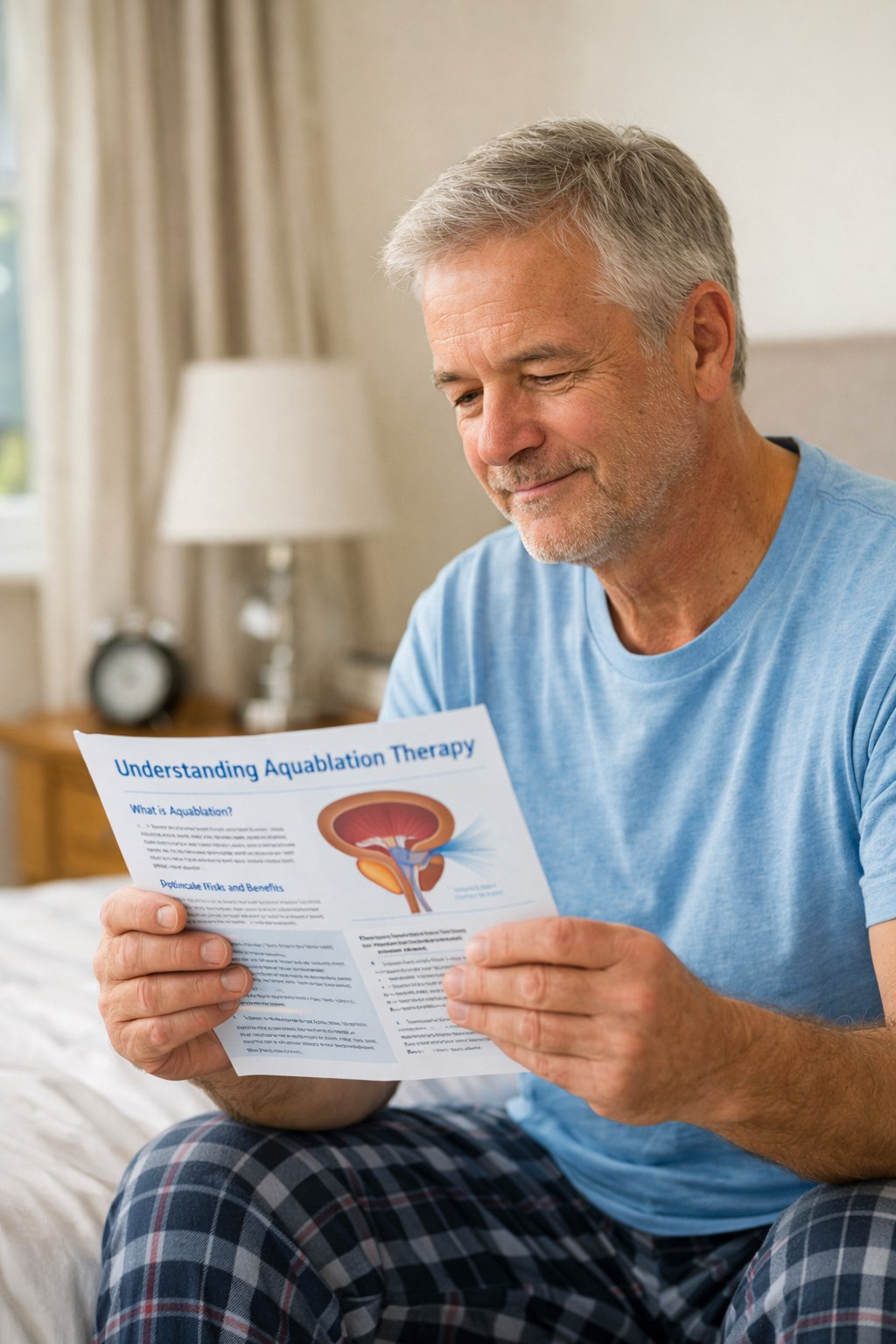What is Obstructive Sleep Apnoea (OSA) and Why Does It Matter?
Obstructive Sleep Apnoea (OSA) is a serious sleep disorder where your breathing repeatedly stops and starts during sleep. This occurs because the muscles in your throat relax too much, temporarily blocking your airway. If left untreated, OSA can lead to various health problems, including heart disease, diabetes, and even impacts on your urinary health.
The Link Between Obstructive Sleep Apnoea and Frequent Urination at Night
Did you know that OSA could be the reason why you’re waking up frequently to urinate at night? This condition, known as nocturia, is common among people with OSA. The connection lies in the fact that OSA causes your body to produce more urine during the night. Here’s how it works:
- Increased Night-Time Urine Production: The stress OSA places on your heart during sleep causes your kidneys to produce more urine, leading to frequent nighttime bathroom trips.
- Bladder Overactivity Due to Poor Sleep: The repeated interruptions in sleep can make your bladder more sensitive, increasing the urge to urinate.
Recognising the Symptoms of Obstructive Sleep Apnoea: Are You at Risk?
Understanding the symptoms of OSA is crucial for getting the help you need. Common signs of OSA include:
- Loud Snoring: Often the most noticeable sign, especially for your partner.
- Gasping for Air During Sleep: Sudden awakenings where you feel short of breath.
- Morning Headaches: These are common due to the lack of oxygen during sleep.
- Excessive Daytime Sleepiness: Feeling extremely tired during the day despite a full night’s sleep.
If you’re experiencing any of these symptoms, it’s important to consult with a healthcare provider, as OSA can significantly impact your overall health.
How to Manage Obstructive Sleep Apnoea and Improve Your Night-Time Urination
Managing OSA effectively can greatly improve your quality of sleep and reduce the frequency of nocturia. Here are some common treatment options:
- Continuous Positive Airway Pressure (CPAP):
This machine keeps your airway open by providing a constant stream of air while you sleep, reducing the chances of nighttime urination.
- Lifestyle Changes for Better Sleep and Urinary Health:
Maintain a Healthy Weight: Reducing excess weight can decrease the severity of OSA.
Quit Smoking and Limit Alcohol: Smoking and alcohol can worsen OSA symptoms by relaxing the airway muscles.
Regulate Fluid Intake: Limit fluids in the evening and avoid caffeine and fizzy drinks before bedtime.
Control Blood Sugar Levels: If you have diabetes, keeping your blood sugar under control can reduce nocturia.
Establish a Regular Sleep Routine: A consistent sleep schedule and a comfortable sleep environment can improve overall sleep quality.
Surgical Options: In some cases, surgery to remove tissue blocking your airway might be necessary.
Why Treating Obstructive Sleep Apnoea is Crucial for Your Urinary Health
Addressing OSA is essential not only for better sleep but also for reducing urinary problems. When your breathing is normalised, your body produces less urine at night, which means fewer interruptions to your sleep. This leads to better overall health and fewer trips to the bathroom at night.
Moreover, it’s important to consult a urologist to ensure your bladder is functioning properly. A urologist may recommend:
- A Urinary Flow Test: To check how well your urine flows out of your bladder.
- Post-Void Residual Measurement: To see how much urine remains in your bladder after you urinate.
- Flexible Cystoscopy: To examine the inside of your bladder and urethra for any abnormalities.
Take Action on Obstructive Sleep Apnoea to Improve Your Life
Obstructive sleep apnoea doesn’t just disrupt your sleep—it can also significantly affect your urinary health. If you’re experiencing loud snoring, frequent nighttime urination, or excessive daytime fatigue, it’s time to consult with a doctor. Effective treatment can enhance your sleep, reduce nocturia, and improve your overall quality of life.


